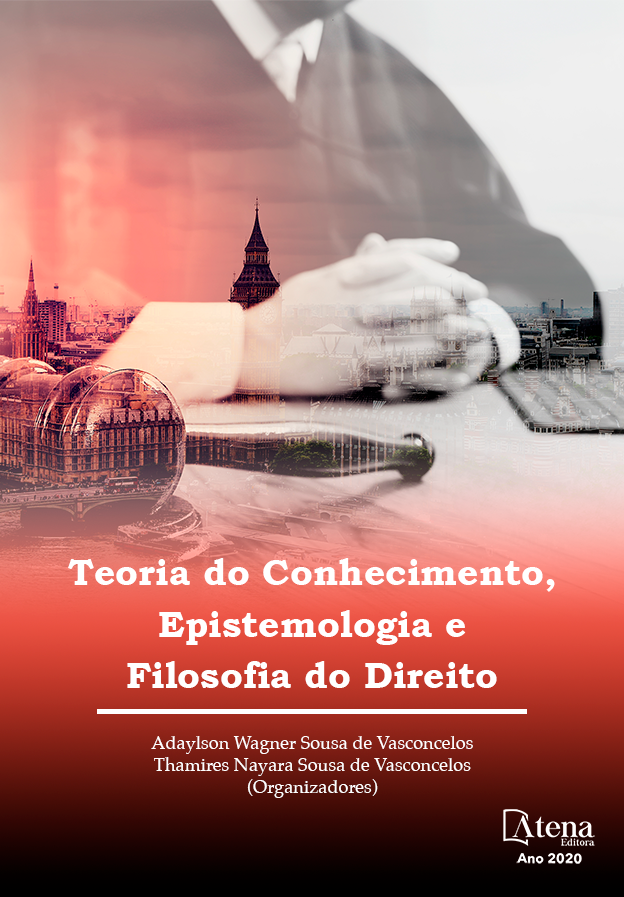
CONSIDERAÇÕES SOBRE UMA NOVA EPISTEMOLOGIA JURÍDICA NA SOCIEDADE DA INFORMAÇÃO
Questões jurídicas relacionadas ao uso da internet e ao mundo digital estão cada vez mais presentes na sociedade. A interação e as possibilidades da rede mundial potencializam a ocorrência de fatos jurídicos conexos ao mundo virtual. Quais são os impactos dessas transformações para o estudo da ciência do Direito ou sua filosofia, ou seja, para a epistemologia jurídica? Ao trazer essa indagação, este breve ensaio se divide nas seguintes seções, utilizando-se de revisão bibliográfica como seu método de abordagem. Inicialmente, apontam-se os contornos da denominada sociedade da informação, de Castells, como o novo paradigma da atualidade. Nessa sociedade, os meios tecnológicos, como a internet, o papel da informação e as conexões em rede são preponderantes na sua caracterização. Esse delineamento permitirá o avanço para a segunda seção. Nela, questiona-se a possível tensão entre uma “velha” e “nova” epistemologia. Na continuação, ilustra-se esse dilema com um caso motivador para discussão, envolvendo o vazamento de dados por uma plataforma de conteúdo e a violação do direito à privacidade. Com o padrão de caso delimitado, busca-se evidenciar a complexidade fática dos problemas relacionados ao mundo virtual, retomando e atualizando o debate entre Easterbrook e Lessig. Por decorrência, uma proposta de uma epistemologia digital, de rede, interdisciplinar, emerge. Um possível remodelamento do objeto da epistemologia jurídica surge com a capacidade de trazer, senão respostas, novas lentes, aos estudos da ciência jurídica.
CONSIDERAÇÕES SOBRE UMA NOVA EPISTEMOLOGIA JURÍDICA NA SOCIEDADE DA INFORMAÇÃO
-
DOI: 10.22533/at.ed.26320271112
-
Palavras-chave: Epistemologia Jurídica; Sociedade da Informação; Transnacionalidade; Internet; Privacidade
-
Keywords: Legal Epistemology; Information Society; Transnationality; Internet; Privacy.
-
Abstract:
Legal issues related to the use of the internet and the digital world are increasingly present in society. The interaction and the possibilities of the global network heighten the occurrence of legal facts related to the virtual world. What are the impacts of these transformations for the study of the science of law or its philosophy, that is, the legal epistemology? While raising this question, this essay is divided into the following sections, using literature review as its approach method. Initially, the outlines of the so-called information society are pointed out, as the new paradigm of today, in accordance with Castells. In this society, technological means, such as the internet, the role of information and network connections are predominant in their characterization. This introductory section will allow the advance to the following one in which the possible tension between an "old" and "new" epistemology is questioned. In the sequence, this dilemma is illustrated with a motivating case for discussion, involving data leakage by a social media plataform and the violation of the right to privacy. With the delimited case pattern, we try to highlight the factual complexity of problems related to the virtual world, resuming and updating the debate between Easterbrook and Lessig. As a result, a proposal for a digital, network based, and interdisciplinary epistemology emerges. A possible remodeling of the object of legal epistemology arises with the ability to bring, if not answers, new lenses, to the studies of legal science.
-
Número de páginas: 15
- Gustavo Ferreira Ribeiro


